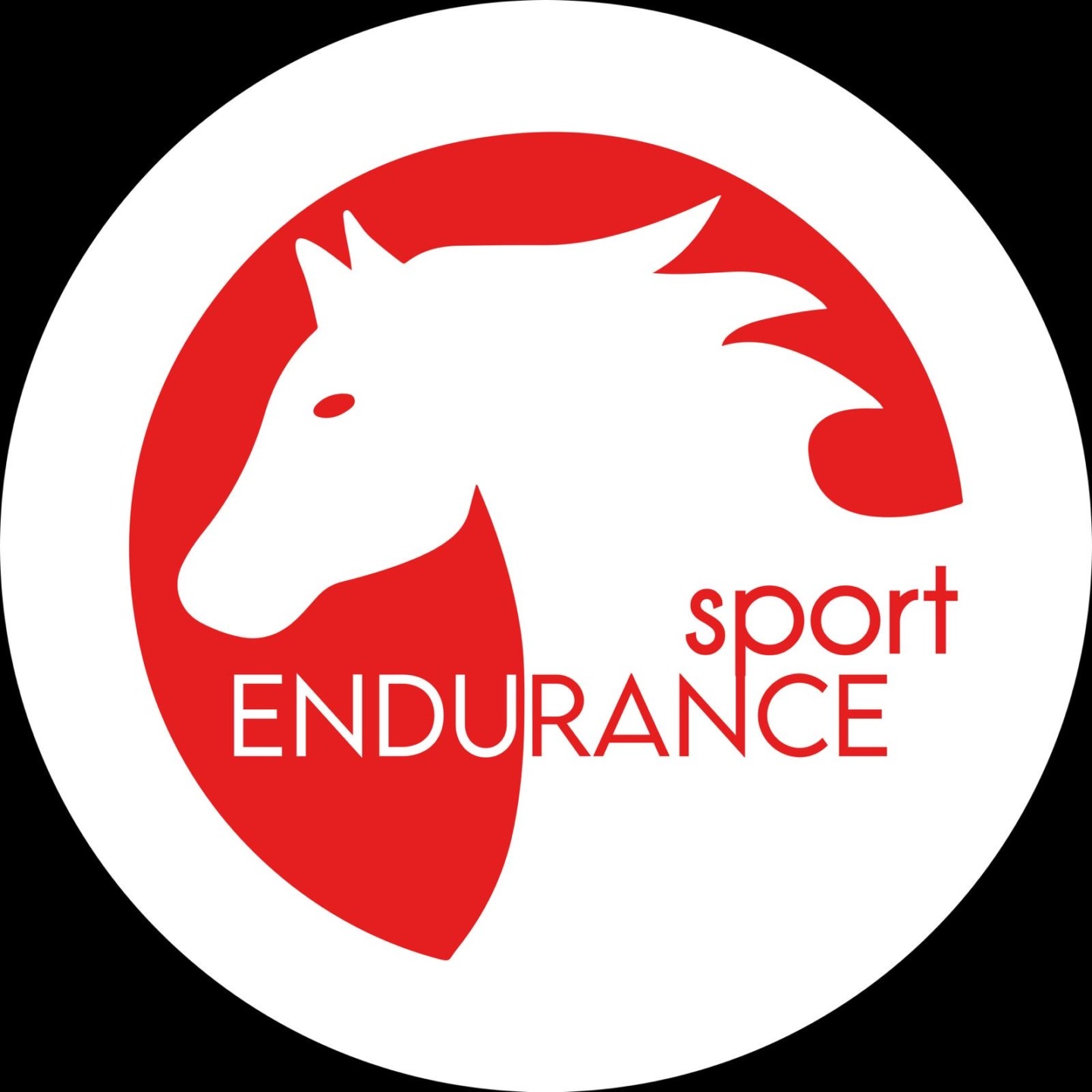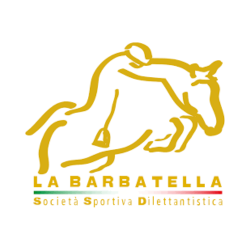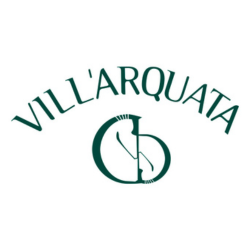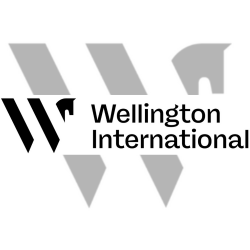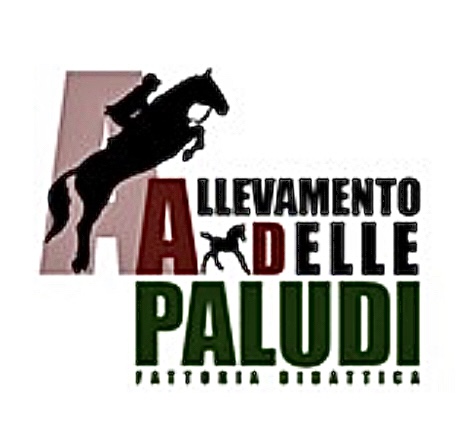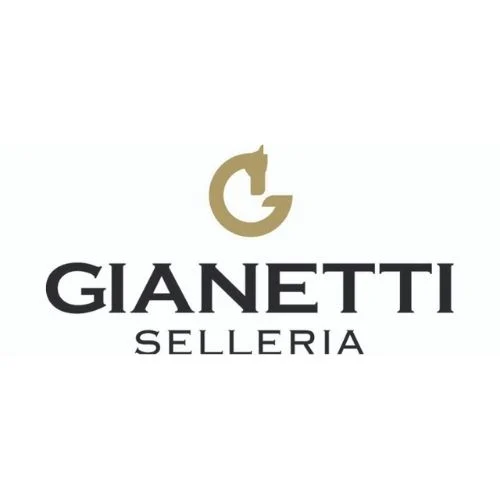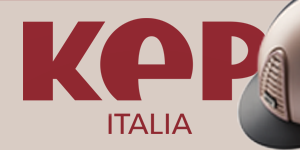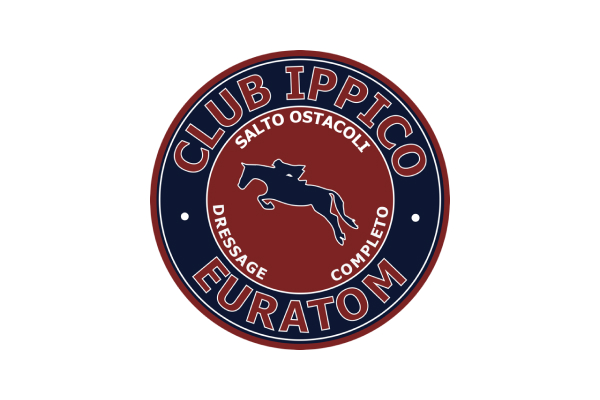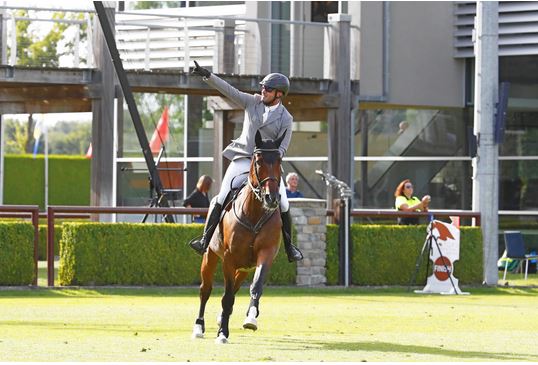
HSJ meets Olympic star and Dutch legend Piet Raijmaker
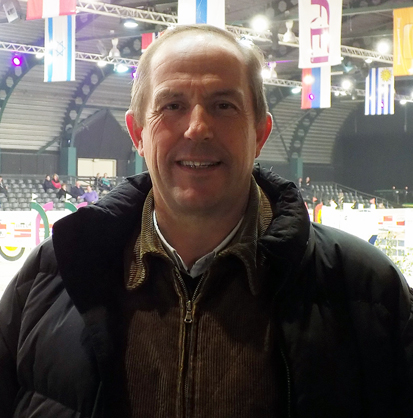
HSJ has met up and interviewed the great Dutch star Petrus Josephus (“Piet“) Raijmaker (1956), a gold-medal winner at the team-event at the 1992 Olympics in Barcelona with the extraordinary Ratina Z who would go on to win the award of ‘mare of the century’. The Dutchman bid farewell to the sport in 2010 to embark on a career as an instructor, in particular for his two children Piet jr. and Joep, and also help manage the family’s stables in Asten near Endoven.
You are considered to be one of the most famous Dutch riders, enjoying a career that spanned over four decades, taking part at some of the biggest and most prestigious competitions and seeing the evolution of the sport. With all that in mind, do you believe that the number and the level of the competitions today is more stressful for the horse and rider combinations compared to say 20 or 30 years ago?
Compared to 20 years ago, I have to say that horses have it much easier when it comes to the travelling; it is all that much more comfortable. The assistants are also better qualified: there are vets and grooms that follow the horses closely during the trips, which are sometimes very long. For example, once upon a time horses went on long trips via sea or by air in a container which they often shared with another two horses and with just one groom to ensure that everything ran smoothly. Things have changed a great deal. Nowadays, there are a maximum of two horses in each container and each container is supervised by one groom. What’s more, tours are now longer such as Arezzo or the Sunshine Tour which allow the horse and rider to go away for several months with just one trip and thus reducing the stress levels. Even travelling by van today is more pleasant for a horse compared to 20 or 30 years ago: the transporters are designed to have all the comforts possible and guarantee the horse a safe and comfortable trip. 30 years ago it took me a week to reach Palermo, factoring in customs and documents. Today, and without that, it is much easier and to arrive in Palermo it takes just two days.
Holland are currently the leading nation when it comes to equestrianism. What is the secret?
Holland is a very small country but at the same time very fortunate. Along with France, Germany and Belgium, it oversees 95% of the production of sports horses (show-jumping, dressage, editor’s note). This is also thanks to the quality of the land: the richness of our pastures makes them especially suited for the activity of horse-breeding. The equestrian world revolves around these four countries. A lot of attention is also given to the selection of the blood lines: we look for the strongest horses, but also the healthiest ones. Only in this manner can you produce the highest quality foal and who will then have the fewest amount of problems during their sporting career. Confirming this is the fact that our horses live longer and are able to compete to a high level even at an advanced age.
How have things changed in Holland since you started?
When I started to ride, equestrianism was an activity carried out by a small elite of wealthy people. But with my generation, things changed; I for instance am the son of farmers, the sixth of nine children and we had no money. But I was very lucky in Asten, the place where I grew up, to meet Andrew Hweii who qualified for the 1972 Olympics. I used to ride at the local pony club, but I could not even afford a saddle and it was only thanks to him that I started to take part in my first races. My early races coincided with my first wins and the prize-money allowed me to continue riding. As for the training of our riders, it is certainly at the forefront, but I would say at the same level as Germany but with one difference: in Holland there is more collaboration. What I sense is a lack of group spirit in other countries: everyone works for themselves, without a common goal. Here in Holland we try and stay united, to create a team that pulls in the same direction. I will give you an example concerning Jur Vrieling: during a Nations Cup competition, his horse Bubalu did not perform very well and Jur’s morale was rock bottom. He was down, but the team built him up again, they pulled together and Jur gave a great performance in the second run without errors. No one expected it. This aspect for me is what is making the difference between the Dutch and the other major nations and it is a characteristic that we are always trying to strengthen. Humility is also a factor that cannot be underestimated. Here at Drachten on the training pitch Eric Van Der Vleuten, one of the best Dutch riders around at the moment, asked me for advice adding that someone watching on can see things someone riding cannot. A sign of great humility. I feel this is an aspect that makes the Dutch so competitive and successful on the international stage.
Final question: who is your favourite rider?
I really like Jerome Dubbeldam a lot for his ability to always be in form come the biggest events. He is a champion when it comes to planning and he loves his horses. He has won the past world championships with a horse of excellent quality, but not a top horse, and he has been able to get the best out of it. He is an excellent planner and this allows him to look clearly ahead towards a goal, organising his work in the perfect manner. Dubbeldam is world class and like all top stars he knows what it takes to win the big events. This makes the difference as I have often seen some colleagues fall apart when it comes to the most important competitions. However, I think John Whitaker is the most complete as a rider and with the horses. He is always positive, whenever a horse makes an error, he always tries to look for the reason by thinking that the error almost always comes from the rider. I believe that to be a great rider, and achieve impressive results, you need to be first of all in tune with your horse and John is truly unique when it comes to this.
HSJ – RL
ripr. reserved





